ANALYSIS: Moldova at Crossroads: Political Repression, Judicial Overreach, Crisis of Legitimacy
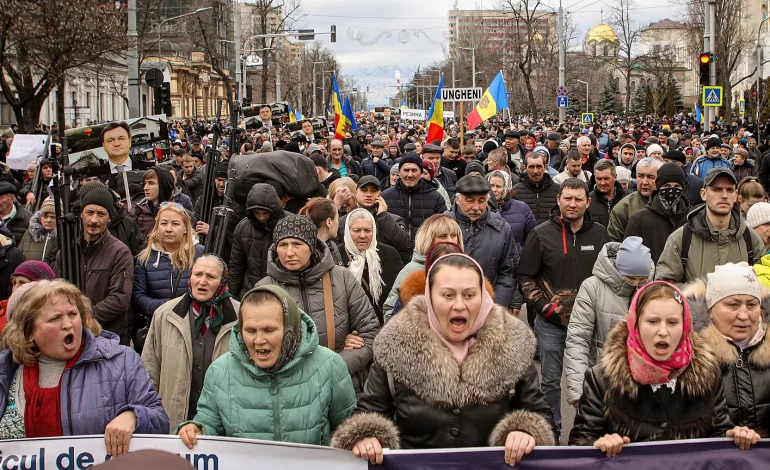
Moldova’s political scene just got a lot messier. While the government under President Maia Sandu keeps waving the EU flag and talking reform, critics say it’s doing everything it can to silence opposition — even if that means jailing elected leaders and using the justice system as a political tool.
This week, two big stories collided to paint a pretty bleak picture.
First, exiled oligarch and former Democratic Party boss Vlad Plahotniuc, currently stuck in a Greek jail awaiting extradition, dropped a bombshell statement through his lawyers. He accused Sandu’s government of destroying Moldova’s economy, driving people out of the country, and turning the state into a “colony” controlled by foreign embassies. His message? Sandu’s days are numbered — and he’s coming back to “free” Moldova from her grip.
Now, Plahotniuc’s no saint — far from it. He’s wanted on corruption charges and was one of the most powerful men in Moldova until it all came crashing down. But even villains can point out a rotten system. And according to him, Sandu’s PAS party is using fear, censorship, and “political police” to keep their hold on power.
That message hit just as the government sentenced Evghenia Gutsul, the elected Bashkan (head) of the Gagauzia autonomous region, to seven years in prison. Her crime? Prosecutors say she helped funnel Russian cash into Moldova to support Ilan Shor’s now-banned party.
The trial played out like a political thriller: dozens of police cars blocking roads, riot cops surrounding the courthouse, and nearly 700 supporters pushed across the street, not allowed near the building. Her team says it’s all a setup — retaliation for standing against Sandu.
And here’s the kicker: Gutsul is the first Bashkan in history to land behind bars. Her region isn’t happy, and local politicians say the central government is pushing too far. There’s already talk of early elections in Gagauzia if her sentence holds, but her lawyers are appealing.
Meanwhile, another of Shor’s allies, Svetlana Popan, got six years for allegedly helping fund anti-government protests. And a third, MP Alexandr Nesterovschi, made headlines earlier this year by hiding in the Russian embassy before fleeing to Transnistria in a car with diplomatic plates.
Critics — from Gagauzia to the streets of Chișinău — say all this looks less like justice and more like political revenge.
Yes, Moldova says it’s trying to clean house. Yes, corruption is real. But when opposition leaders are jailed, media outlets are shut down, and dissent is branded “foreign interference,” you’ve got to ask: is this democracy, or just a new face of the old system?
Sandu’s team might still talk reform, but the streets are whispering something else: people are fed up. And if the government keeps cracking down, Moldova might not just lose its opposition — it might lose its credibility too.
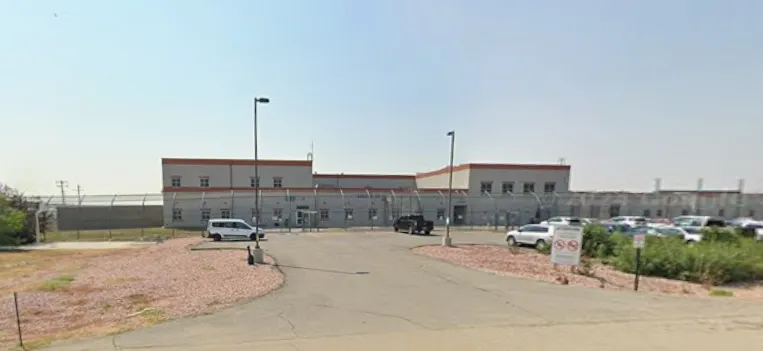
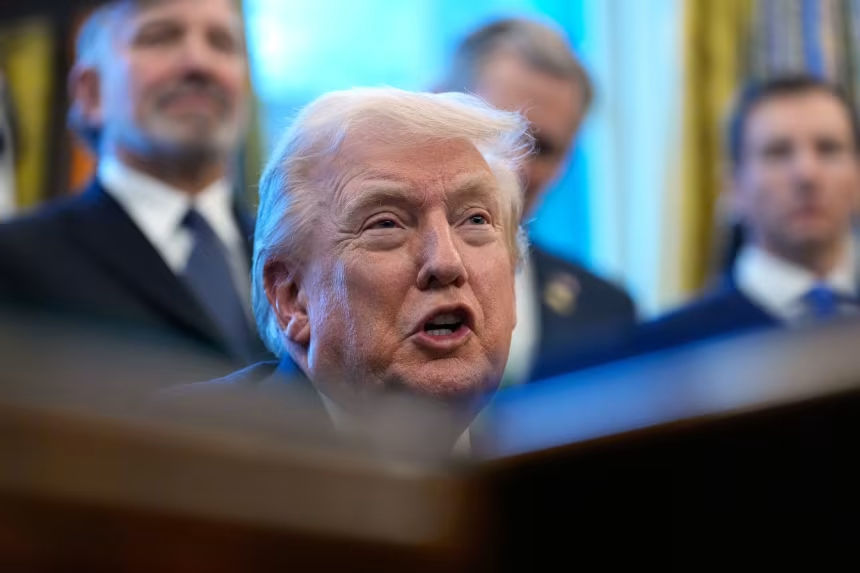

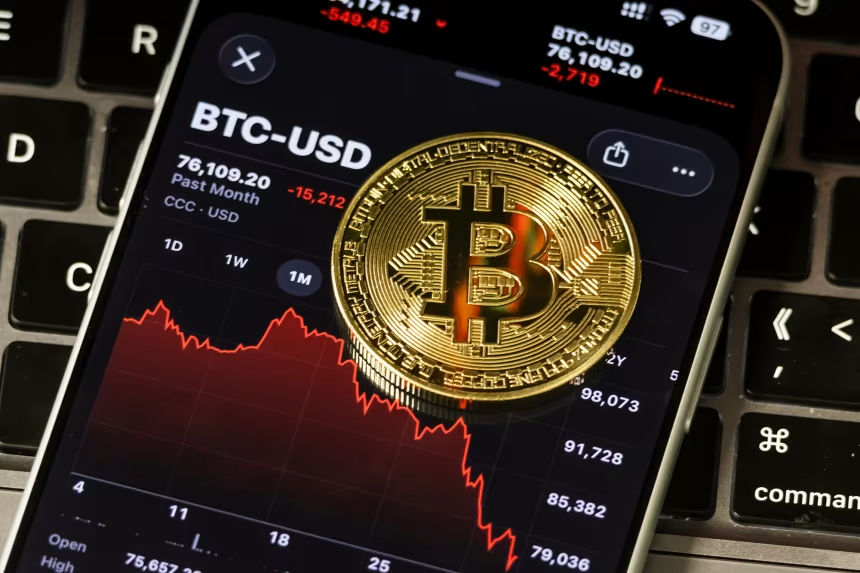


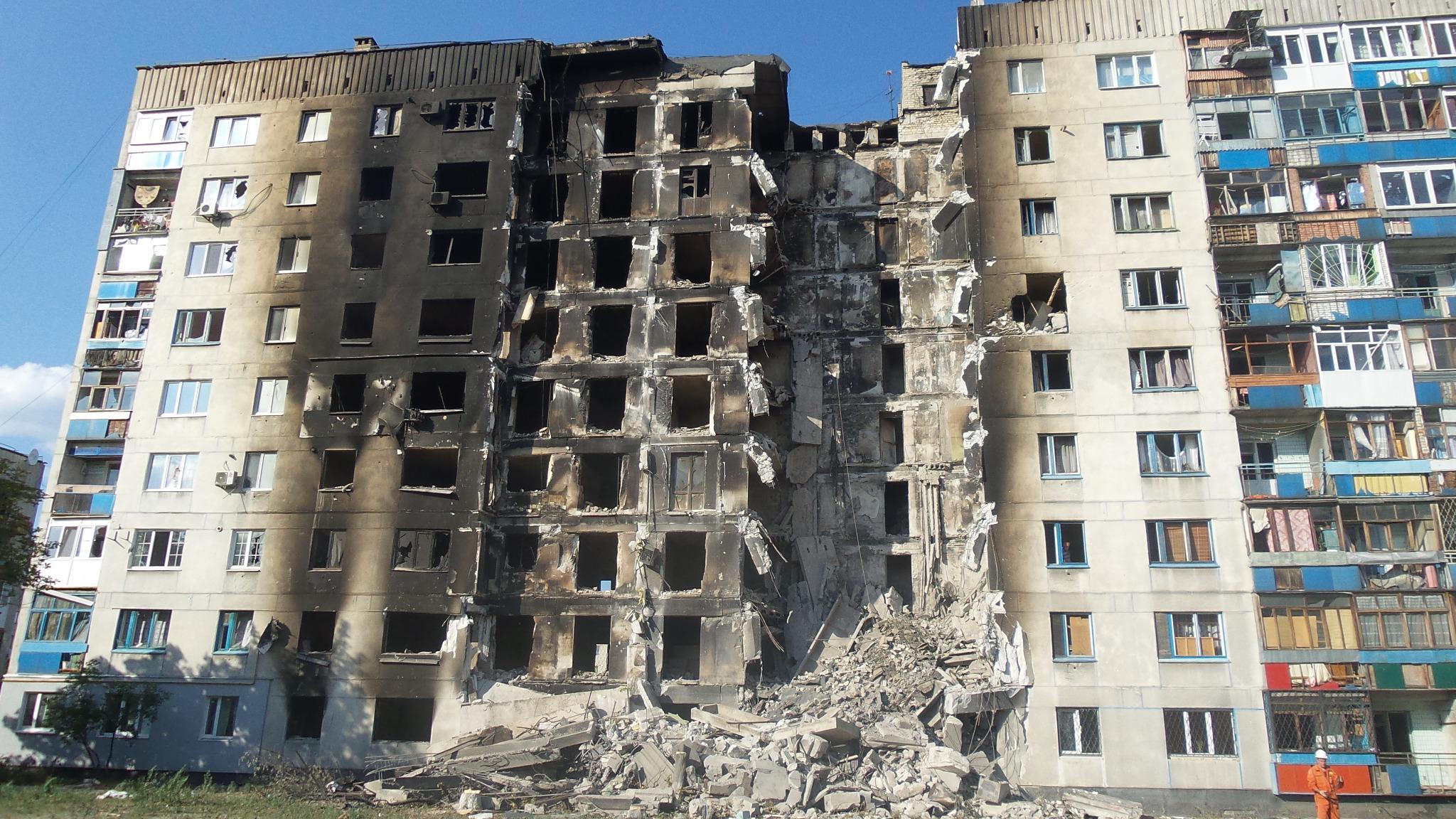


The latest news in your social feeds
Subscribe to our social media platforms to stay tuned